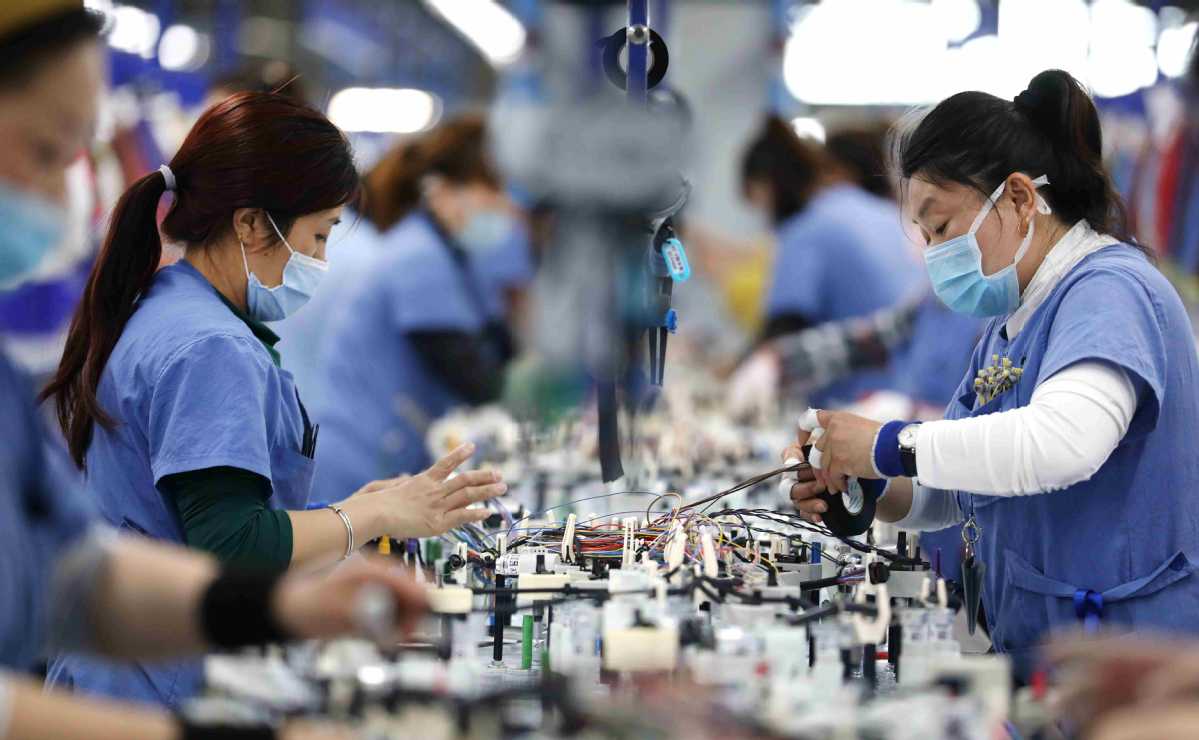Deepening reform key to improving seed sector


The just-concluded Central Economic Work Conference singled out strengthening the protection and utilization of germ plasm resources and accelerating the construction of seed banks as a priority, something the country will do in the new year.
China has invested heavily in this area in the past few years, but not made any substantial progress.
Relevant State departments have tried to address problems such as the unitary service mode of crops' germ plasm resources, their low sharing efficiency and the inefficient utilization of research results by promoting various alliances for scientific and technological innovation, but to no avail.
The key to improving utilization efficiency of germ plasm resources is to realize the resource complementarity of various R&D and production organizations under the market mechanism.
The country will advance industrial application of biological breeding-a set of breeding methods applying modern biotechnology to grow crops or raise livestock and poultry-in an orderly way. The authorities feel the need to make strategic adjustments to the way the research is being done now.
For example, since the 12th Five-Year Plan period (2011-15), the country has listed the cultivation of new genetically modified organisms as one of the 15 major scientific and technological projects to receive State assistance, but for more than a decade only cotton and papaya have been approved.
In fact, there is a great demand for such technology in regions that are seeing a boom in illegal seed production and cultivation. Internationally, genetic modification is in full swing and most of the corn and soybean China imports are genetically modified varieties.
Therefore, under a more prudent safety regulatory framework, China should accelerate research and promotion of genetically modified technologies and increase the transparency of approving genetically modified varieties.
The country will try to overcome its technological bottlenecks that "seize its seed development by the throat". At present, seeds of food crops are not a big problem for China, but those of animals such as white-feather broiler chickens, pigs, cattle and other categories are. High-end vegetables also have some room for improvement.
It is thus necessary to give full play to the main role of enterprises in scientific and technological innovation, which is also an organic part of enhancing the independent and controllable ability of China's demand and supply chains. The key to developing the seed sector lies in deepening scientific and technological development and deepening agricultural reforms and allowing enterprises and the market to play a bigger role.
Beijing News

































